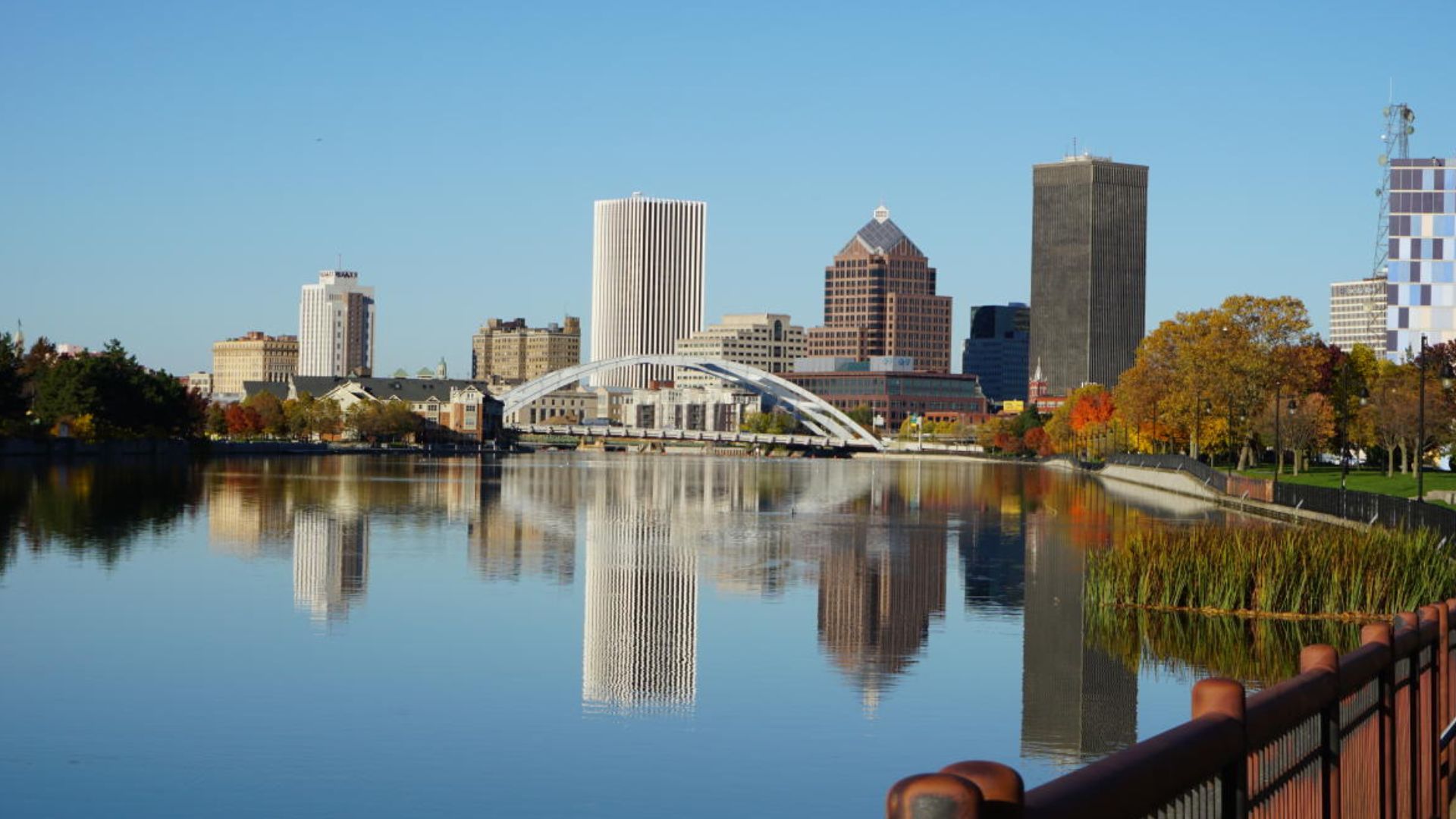Local News
Mayor and city council president of Rochester respond strongly to Department of Justice lawsuit over sanctuary city policy

Rochester, New York – In a strong response to a lawsuit filed by the U.S. Department of Justice, leaders of the City of Rochester have made it clear they are ready to defend the city’s policies and principles. The lawsuit challenges Rochester’s Sanctuary City policy, but city officials say the legal filing is more about politics than the law.
Although city officials confirmed they have not yet been formally served, they obtained the complaint through the federal court filing system and wasted no time issuing a unified response. In a joint statement, the Mayor and the City Council President dismissed the DOJ’s move, framing it as a distraction rather than a serious legal challenge.
“On its face, the complaint is an exercise in political theater, not legal practice,” the statement reads.
The city’s Sanctuary City policy — which limits cooperation with federal immigration authorities — has been in place for years and, according to the city, has stood up to legal scrutiny before. City leaders say it was compliant even during the Trump administration, when federal pressure on sanctuary jurisdictions reached a peak.
Read also: RIT love story began with a snowball fight and a tackle that sparked a four-decade-long relationship
Rochester’s officials are now gearing up for what may become a lengthy legal battle, but one they appear confident about. “The City’s Sanctuary City policy is legally sound and always has been, including during the entirety of the Trump Administration’s first term,” the statement continues.
The central issue in the dispute seems to be over how far the federal government can go in demanding local cooperation with immigration enforcement. The City of Rochester insists that its policies are rooted in constitutional protections – specifically, the Tenth Amendment, which limits federal power over states and local governments.
“The City fully intends to defend the legality of its policies, and to use this opportunity to hold the federal government to task and ensure that it does not commandeer local resources in violation of the Constitution’s Tenth Amendment,” the statement adds.
At the heart of Rochester’s position is a belief that local governments should not be forced to spend time and money enforcing federal immigration laws. City officials say their resources are better spent ensuring safety and trust within the community — especially among immigrants, who may be less likely to report crimes or seek help if they fear deportation.
“The City of Rochester is committed to investing its resources in public safety for all, not doing the federal government’s work of immigration enforcement,” the statement concludes.
This is not the first time a sanctuary city has found itself in a legal standoff with the federal government. Under multiple presidential administrations, cities with similar policies have been accused of undermining federal immigration enforcement. The federal government argues that such policies create gaps in national security. Cities argue that forcing them to cooperate turns local police into immigration agents and threatens community trust.
Legal experts watching the situation say the case could have wide-reaching implications, not just for Rochester but for any city with sanctuary policies in place.
“If the DOJ tries to challenge the city’s position under federal preemption arguments, it will be another test of how far the federal government can go in compelling local cooperation,” said one constitutional law professor from a New York university. “But courts have generally upheld the idea that local governments can’t be forced to enforce federal law.”
It’s still unclear what specific claims the DOJ is making in the lawsuit, as city officials haven’t been officially served. But the response from Rochester signals that they believe the complaint lacks merit and is being driven more by ideology than law.
Community leaders and advocacy groups have also started to weigh in. Some immigrant rights organizations have praised the city for its firm stance and commitment to protecting vulnerable residents. Others have warned that even legal victories can come at a high cost, both financially and in terms of community anxiety.
City officials have not yet released details about their legal strategy, but early indications suggest they are preparing to mount a full defense — and possibly go on offense, using the case to challenge federal overreach.
In the meantime, the city says it will continue business as usual and remain committed to policies that promote inclusion and protect all residents, regardless of immigration status.
While the federal government may have launched this legal battle, Rochester’s leaders have signaled that they’re not just prepared to fight back — they’re ready to stand their ground for the long haul.

-

 Local News10 months ago
Local News10 months agoNew ALDI store close to Rochester to begin construction in late 2025 or early 2026
-

 Local News10 months ago
Local News10 months agoRochester Lilac Festival announces exciting 127th edition headliners
-

 Local News8 months ago
Local News8 months agoCounty Executive Adam Bello and members of the county legislature celebrate exceptional young leaders and advocates at the 2025 Monroe County Youth Awards
-

 Local News8 months ago
Local News8 months agoThe 2025 Public Market Food Truck Rodeo series will begin this Wednesday with live music by the Royal Bromleys